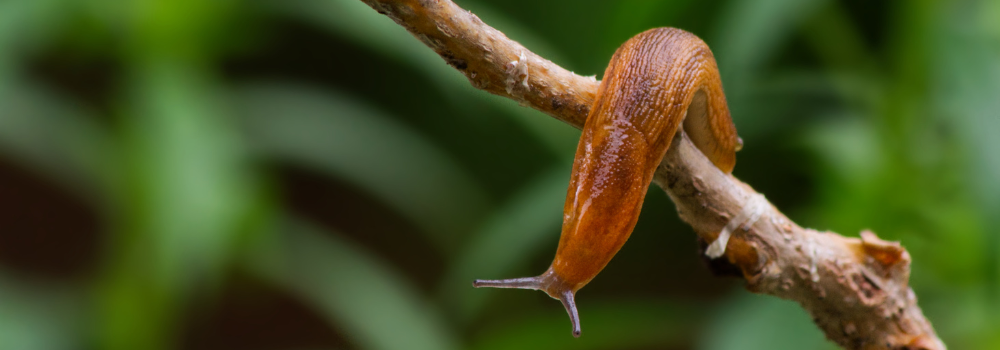Slugs and snails are often regarded as pests in the garden, notorious for their appetite for leaves, flowers, and vegetables. However, these mollusks play a crucial role in the ecosystem and can offer several benefits to gardens and gardeners alike. Understanding the positive contributions of slugs and snails can help gardeners adopt a more balanced approach to managing their populations.
Natural Decomposers
One of the primary benefits of slugs and snails in the garden is their role as decomposers. They feed on decaying plant matter, breaking it down into nutrients that can be more easily absorbed by plants. This process contributes to the nutrient cycling within the ecosystem, enriching the soil and promoting healthy plant growth. By removing dead plant material, slugs and snails also help in reducing the habitat for pests that could harm healthy plants.
Soil Aeration and Mixing
As slugs and snails move through the soil in search of food, their movement helps to aerate the soil. This aeration is beneficial for plant roots, as it improves soil structure, enhances water infiltration, and facilitates the exchange of gases between the soil and the atmosphere. Furthermore, their mucus and fecal matter contribute to the organic matter in the soil, improving its fertility and structure over time.
Biodiversity and Food Web Support
Slugs and snails are an integral part of garden biodiversity. They serve as food for a variety of predators, including birds, frogs, toads, hedgehogs, and some insects. By supporting these predator populations, slugs and snails play a role in maintaining the balance of garden ecosystems. The presence of these mollusks can attract wildlife that will help control other garden pests, reducing the need for chemical pest control methods.
Indicator Species
The presence of slugs and snails can also serve as an indicator of the health of your garden ecosystem. A balanced number of these mollusks suggests a healthy level of moisture and organic matter in the soil, which are essential for a thriving garden. Conversely, an overabundance of slugs and snails may indicate an imbalance, signaling the need for gardeners to adjust their practices, such as improving drainage or reducing excessive mulching.
Pest Control
While slugs and snails have a reputation for eating plants, certain species prefer to feed on the decaying matter or even other pests. Some slugs are known to eat dead slugs, snail eggs, and harmful nematodes, acting as natural pest control agents within the garden. Encouraging these beneficial species can help keep the population of more destructive slugs and snails in check.
Pollination Assistance
Although slugs and snails are not typically recognized for their role in pollination, their movement from plant to plant can inadvertently transfer pollen, aiding in the pollination process. While they are no match for bees and other pollinators, their contribution, especially in dense, moist garden environments where they thrive, should not be overlooked.
Aesthetic and Educational Value
For many, the presence of slugs and snails adds to the aesthetic and educational value of a garden. Observing these creatures can be fascinating, especially for children, offering opportunities for learning about nature, ecosystems, and the importance of biodiversity. Their unique behavior and biology can inspire a sense of wonder and curiosity about the natural world.
Management Strategies
To ensure that the benefits of slugs and snails are maximized while minimizing their potential for damage, gardeners can adopt several strategies. These include creating habitats that attract their natural predators, using barriers and traps with minimal environmental impact, and choosing plant varieties that are less appealing to these mollusks. Additionally, promoting a diverse ecosystem within the garden can help maintain a natural balance, reducing the need for intervention.
In conclusion, while slugs and snails can pose challenges for gardeners, their presence is also indicative of a healthy, functioning ecosystem. By understanding and appreciating the benefits these creatures bring to the garden, gardeners can work towards a more holistic and sustainable approach to garden management. Embracing the complexity of nature, including its less popular inhabitants, enriches our gardens and our experiences within them, fostering a deeper connection with the natural world.
